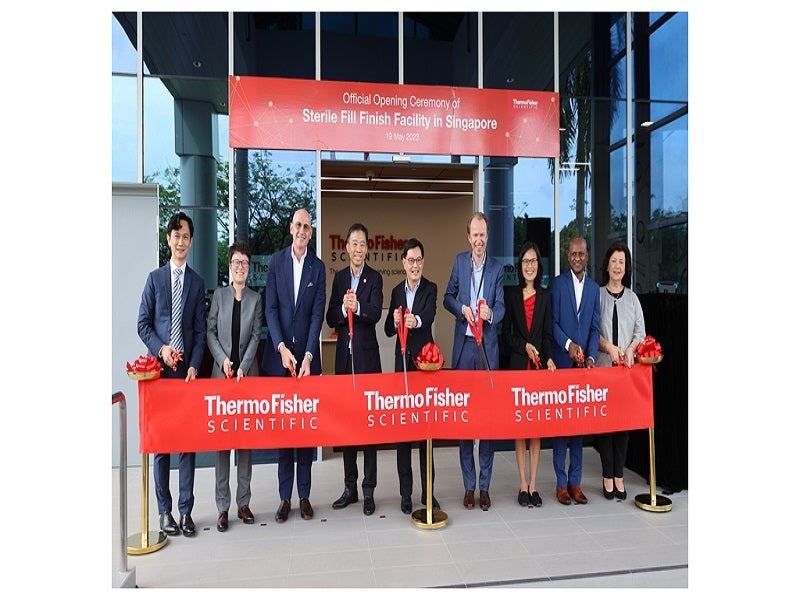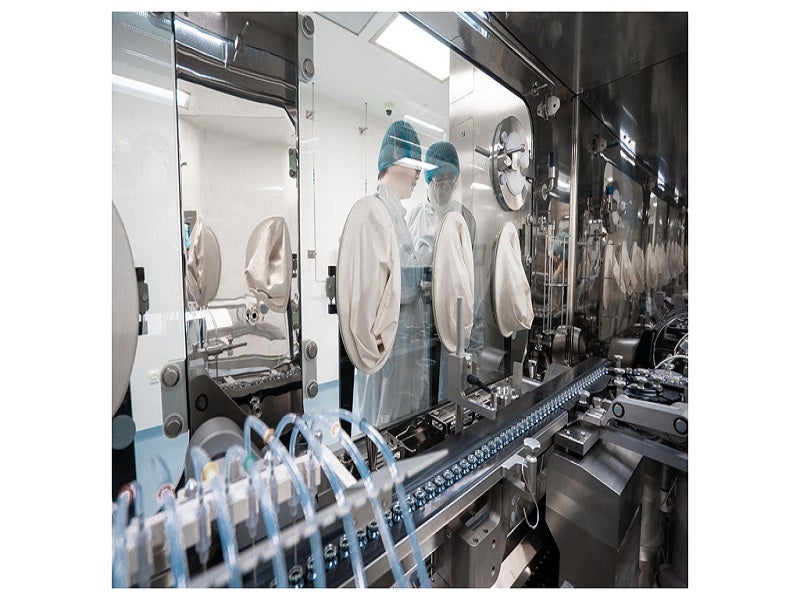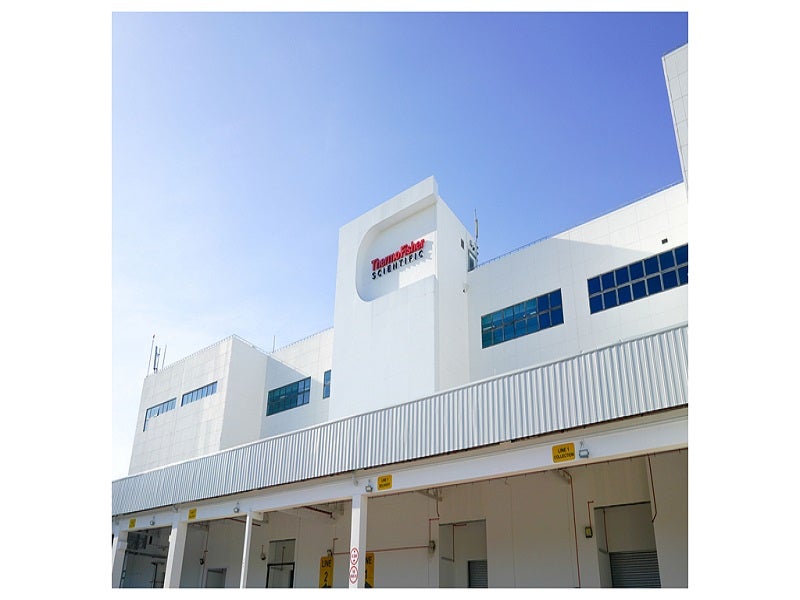US-based biotechnology and medical equipment company Thermo Fisher Scientific opened a new sterile drug manufacturing facility in Singapore in May 2023. It supports the development and commercial manufacturing of critical vaccines and therapies, improving their delivery in the Asia-Pacific region.
The current Good Manufacturing Practices facility offers accelerated fill-finish capabilities, complementing the company’s comprehensive pharmaceutical development and manufacturing services.
Backed by the Singapore Economic Development Board, the facility was built with an investment of $130m to cater to local demand for pharmaceutical products and effectively address potential health emergencies in the future.
The facility produces more than 30 million sterile doses a month and creates employment for more than 300 individuals. It strengthens the company’s vaccine supply chain flexibility in the region and extends its robust sterile fill-finish network globally.
The location of Thermo Fisher’s drug facility
The sterile drug facility is located at 31 Joo Koon Circle in Singapore. The country is rapidly emerging as a biomedical hub in the Asia-Pacific region for the manufacturing and supply of crucial pharmaceutical drugs to serve healthcare demands in Asia.
Thermo Fisher’s drug facility design details
The state-of-the-art 24,000m² facility was built for the development and manufacturing of sterile drug products. It features a high-speed, fully-automated, aseptic fill-finish line for small and large molecules and a single-use formulation system. It offers custom scalability from small-scale process development to large clinical batches.
The facility has a commercial-scale filling, process development, small-scale filling and packaging capabilities for biopharmaceuticals. It includes additional areas such as cleanroom capacity, labs, warehousing and offices, to support production.
It has additional space for filling lines and future expansion capabilities for prefilled syringes and cartridges, smaller-scale filling lines for process development and clinical trials and commercial sterile lyophilised lines and packaging.
The facility is designed with an additional space of 14,000m² to accommodate the growing demands of customers.
It includes jacketed tanks and single-use disposable bag technology for up to 1000l. It has in-house quality control, sterile liquids and live virus-filling capabilities.
Aseptic manufacturing and sterile filling services offered by Thermo Fisher
The increased demand for sterile drug products, driven by the growth in biosimilars, mRNA and other prominent therapies, has created a need for enhanced capacity and innovative solutions in the development and manufacturing processes.
The efficient handling of complex regulatory affairs, utilisation of analytical data, optimisation of process development and prioritising delivery are critical to ensure the success of sterile drug products.
As a part of Thermo Fisher, Patheon provides aseptic manufacturing and fill-finish solutions and capabilities. The services include formulation development and accessibility to a broad range of sterile dosage forms, such as liquid-filled vials, lyophilised vials and an extensive range of vial sizes, to suit the molecule’s unique requirement, process development, validation and scale-up solutions, technology transfers, cold chain services, logistics and management.
The sterile formulation development services are offered for drug substances including small molecule active pharmaceutical ingredients, biologics and mRNA vaccines and therapies.
Presence and collaborations of Thermo Fisher in the Asia Pacific region
In addition to the sterile manufacturing facility in Singapore, Thermo Fisher has also opened a new integrated biologics and sterile drug development and manufacturing facility in Hangzhou, China.
Seoul St. Mary’s Hospital, affiliated with the Catholic Medical Center in South Korea, as well as Singapore General Hospital, became members of the Thermo Fisher Scientific Next-Generation Sequencing (NGS) Companion Dx Center of Excellence programme in October 2018.
The programme aims to establish valuable research and technical partnerships with prominent research hospitals, facilitating the integration of Oncomine NGS assays into future clinical practices.





